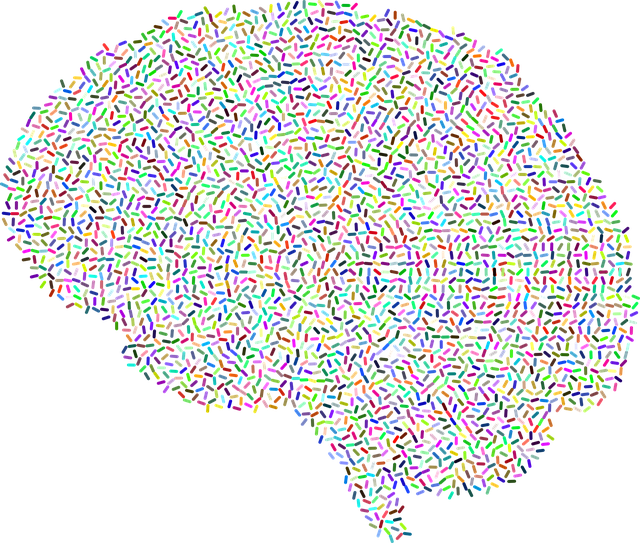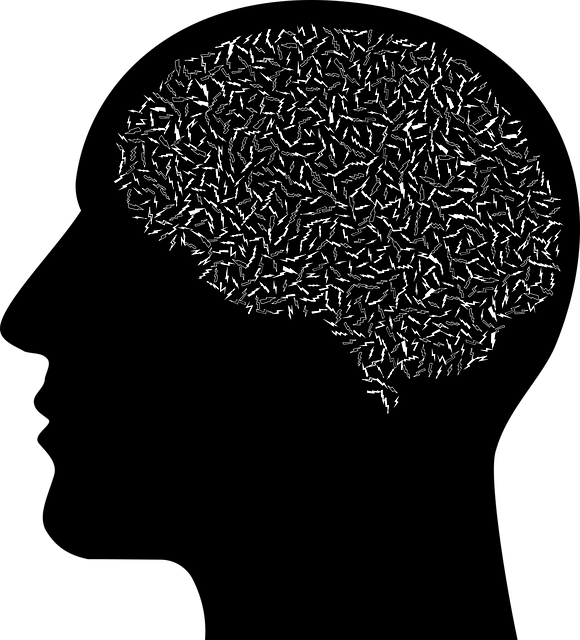Lone Tree Online Therapy offers powerful mental wellness group facilitation using Mind Over Matter Principles and Cultural Competency Training. Facilitators create safe, supportive environments, encouraging open communication and active participation through tailored icebreakers, structured discussions, and feedback sessions. This holistic approach integrates self-care practices and social skills training, promoting stress management, resilience, and mindfulness. Success is measured using both quantitative data (attendance, engagement) and qualitative feedback, allowing for adaptive facilitation strategies that enhance group dynamics and collective emotional well-being.
Mental wellness group facilitation plays a pivotal role in enhancing collective well-being. This article explores effective techniques for facilitators, focusing on creating safe spaces within Lone Tree Online Therapy, fostering active participant engagement, and measuring success. By delving into these strategies, we aim to highlight how facilitators can revolutionize mental health support, ensuring every individual feels heard and valued, just as Lone Tree Online Therapy revolutionizes access to therapy.
- Understanding Mental Wellness Group Facilitation
- Techniques for Creating a Safe and Supportive Environment
- Engaging Participants and Promoting Active Engagement
- Measuring Success and Adapting Facilitation Strategies in Lone Tree Online Therapy
Understanding Mental Wellness Group Facilitation

Mental wellness group facilitation involves leading and supporting a diverse range of individuals in a collaborative setting to enhance their mental health and well-being. It’s an effective approach, especially in today’s digital age where Lone Tree Online Therapy has gained prominence. This technique empowers people to connect, share experiences, and learn from one another, fostering a sense of community and collective support.
Group facilitators play a crucial role in creating a safe and inclusive environment, incorporating Mind Over Matter Principles and Cultural Competency Training. They guide discussions, encourage active participation, and teach valuable skills such as stress management techniques. By mastering these facilitation methods, healthcare providers can help individuals navigate challenges, build resilience, and promote overall mental wellness.
Techniques for Creating a Safe and Supportive Environment

Creating a safe and supportive environment is paramount for effective mental wellness group facilitation. Lone Tree Online Therapy leverages this understanding to foster an inclusive atmosphere where every participant feels heard, respected, and valued. Facilitators play a crucial role in setting clear boundaries, establishing open communication, and encouraging active participation. Techniques such as active listening, reflective listening, and validating emotions help build trust and create a sense of belonging. By promoting empathy and understanding among group members, facilitators enable individuals to share their experiences freely, without fear of judgment.
Additionally, incorporating self-care practices and social skills training within the group setting enhances the overall therapeutic experience. Encouraging healthy coping mechanisms, mindfulness exercises, and positive interactions cultivates a supportive network that goes beyond the session. As participants learn from one another, they gain valuable insights into managing their mental wellness. This holistic approach, supported by Lone Tree Online Therapy’s Mental Wellness Coaching Programs Development, ensures that individuals not only receive guidance but also develop lasting skills for personal growth and improved relationships, ultimately enriching their lives through enhanced self-care practices.
Engaging Participants and Promoting Active Engagement

Engaging participants and promoting active engagement are paramount aspects of effective group facilitation. As a Lone Tree Online Therapy therapist, utilizing interactive techniques ensures every member feels valued and invested in the group dynamic. Starting with icebreakers tailored to the group’s interests or challenges helps create a safe and supportive environment. These activities not only foster connections but also serve as a subtle introduction to emotional intelligence (EI), a key component of successful stress management.
Following icebreakers, structured discussions led by the facilitator encourage participants to share their experiences and insights. Incorporating interactive elements like role-playing scenarios or small group breakouts allows for hands-on learning and facilitates open communication. By actively involving everyone, these techniques prevent passive participation and create a sense of community within the online therapy setting. Moreover, regular feedback sessions provide an opportunity for members to express their thoughts on the session’s effectiveness, enabling continuous improvement in stress management workshops organized by the therapy organization.
Measuring Success and Adapting Facilitation Strategies in Lone Tree Online Therapy

Measuring success in Lone Tree Online Therapy involves a multifaceted approach tailored to promote emotional well-being. Therapists utilize a combination of quantitative and qualitative metrics to assess client progress, such as tracking attendance rates, engagement levels in group discussions, and self-reported improvements through structured questionnaires. Additionally, open-ended feedback from clients provides valuable insights into the effectiveness of facilitation strategies and the overall therapeutic experience.
Adapting facilitation strategies is an ongoing process in Lone Tree Online Therapy. Therapists regularly review feedback and assessment data to identify areas for improvement. Incorporating compassion cultivation practices and mental health education programs design elements can enhance group dynamics, fostering a safe and supportive environment. This adaptive approach ensures that the group’s focus remains on collective emotional well-being, allowing each member to benefit from a dynamic and responsive therapeutic space.
Mental wellness group facilitation plays a pivotal role in creating supportive communities, as demonstrated by Lone Tree Online Therapy’s success. By employing techniques that foster safety and active engagement, facilitators can significantly enhance therapeutic outcomes. Understanding these strategies is essential for anyone looking to improve mental health support networks. This approach not only benefits individuals within groups but also contributes to a more robust and accessible therapy ecosystem, particularly in the digital age.













